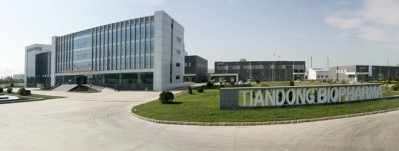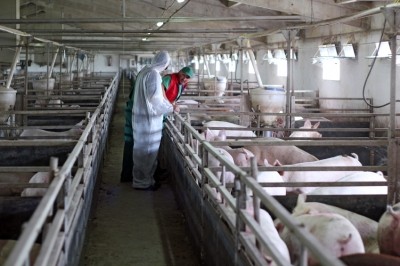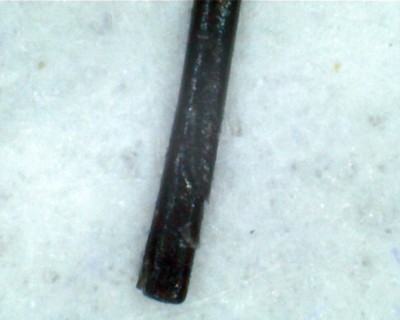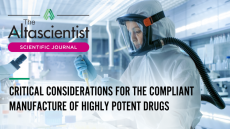Pharma Action crude heparin plant due to open next week
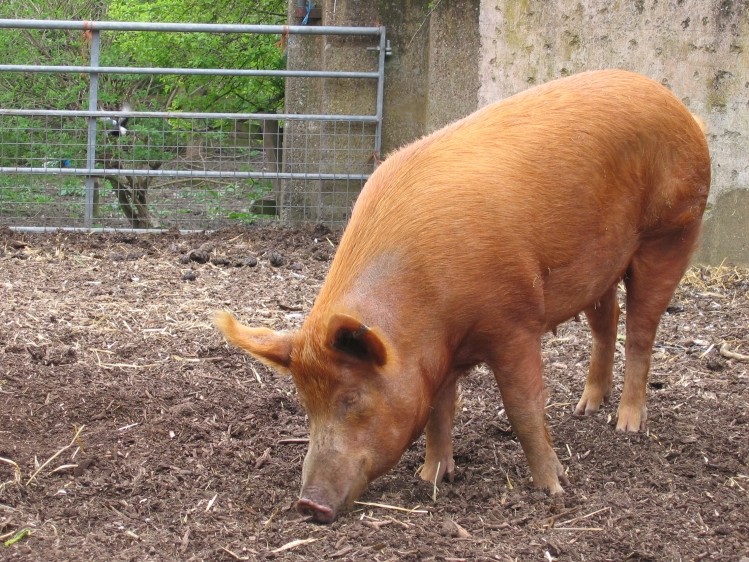
The facility – which is due to open on November 4 - is near the town of Rheda-Wiedenbrueck in Western Germany and will source pig intestinal mucosa exclusively from Toennies’ German slaughterhouses.
The resulting crude heparin will be processed into API at Pharma Action’s refinement plant in Berlin, which has capacity to produce 10 tonnes of the drug active each year.
Both Pharma Action and Toennies emphasised the “closed loop” nature of operations at the facility, which they said guarantee the “quality and safety [of the crude heparin made there] by virtue of the total traceability.”
Contamination tragedy
Most API suppliers emphasise the security of their supply chains – as do excipient firms and intermediate manufacturers for that matter – but for the heparin industry traceability is a particular focus for historical reasons.
In 2008, more than 100 people died after suffering allergic reactions to heparin drugs that had been made using API contaminated by OSCS (oversulfated chondroitin sulphate).
Six years ago heparin API cost $12,000 a kilo and OSCS, which has similar chemical properties and was not detectable using analytical tests employed at the time, cost $20 a kilo.
These economics were at the heart of the tragedy according to serving US Food and Drug Administration (FDA) Commissioner, Andrew von Eschenbach.
He told a Senate Committe at the time that starting materials used by API supplier China's Scientific Protein Laboratories-Changzhou (SPL-CZ) had been bulked up with OSCS at an earlier point in the supply chain for economic reasons.
The tragedy prompted the FDA to ask manufacturers of heparin drugs and APIs to “audit and qualify their crude heparin suppliers to ensure conformance to appropriate quality standards.”
Similarly, the European Medicines Agency (EMA) issued a reflection paper in 2012 which made clear that marketing authorization dossiers “should cover the whole manufacturing process starting from the sourcing of the mucosa.”
US market?
The opening of Pharma Action and Toennie's crude heparin plant comes amid renewed US calls for blood thinner producers to reduce their reliance on raw materials sourced from China.
In June this year CDER director Janet Woodcock spoke about the US overreliance on foreign crude heparin during a discussion of ways to address current heparin shortages.
She said: “Recent market share analysis indicates the majority of crude heparin remains to be sourced from China,” adding that “single animal or single country sourcing is risky due to animal-specific or country-specific risk."
An outbreak of blue ear disease virus that decimated China's pig population in 2006 and 2007 is linked by some to the entry of OSCS into the supply chain and the tragedy that occurred a year later.
Woodcock added that although “Currently, the heparin supply chain is considered safe, historically, heparin has been contaminated” adding that “Potential exists for economically motivated adulteration.”
Alternatives being considered by the US include the reintroduction of bovine heparin – which was withdrawn in the 1990s over concerns about Bovine Spongiform Encephalopathy (BSE) – and various synthetic versions of the blood thinner.
Neither Pharma Action nor Toennies, which is an international slaughterhouse group that took a majority shareholding in the API firm in 2012, responded to a request for comment ahead of publication.
